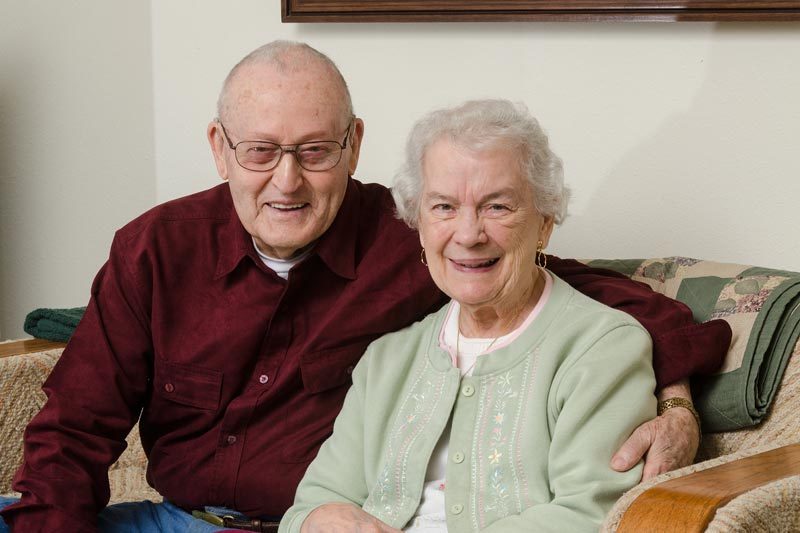How to Decide if You Should Move
By Diane Schmidt, About.com Guide
There are many reasons for senior citizens to consider moving; retirement, changes in lifestyle and health are just a few reasons. Some seniors decide they want to move closer to family members depending on an individual’s situation.
When deciding if it’s time to move, there are a few factors to consider, including access to health care, recreation, social activities and practical concerns, such as grocery stores, libraries, climate, etc… It’s important to look at the ability to “get around” versus the convenience of amenities that are critical to one’s quality of life. If you or someone you know requires the “closeness” of family or amenities, then it may be time to think about moving.
Health and Access to Quality Care
This is the primary reason for moving. If you or a family member is experiencing a decline in their health, make sure you not only look at the short-term options, but also consider what may happen a year from now. Consider all options, from drop-in help to moving closer to a family member that can assist when needed. Some retirement communities offer a wide range of options, from fully independent living to supportive assistance as required. This type of facility can be a good option for those who do not want to move often.
Recreational and Community Services
It is critical to investigate what kind of services and recreational activities are available in the new community. Access to a seniors’ network that may include useful services such as homecare, cleaning services, snow removal, transportation and home repair. Some older individuals may want access to a good volunteer organization where they can apply their skills as much or little as they prefer.
Recreational facilities and access to outdoor pursuits, will depend on the individual. Find out if the new community has a recreational program for older adults and if there are local groups or clubs, such as a walking group, that invite new older members.
Support Groups
Moving isn’t easy, especially if you’re moving from a home you’ve lived in for a very long time, and relocating to a neighborhood where you don’t know anyone. As an older adult, this transition is even more challenging. A physical illness or disability may prevent someone from seeking companionship outside the home. It’s important to ensure that there are local groups that the older adult can connect with; whether it’s a church group, a club or a recognized non-profit agency, find a place where the members will support a senior. This could also include home visits or perhaps meetings that would be conducted in a individual’s home setting. Finding these types of networking situations will assist your older family member in adjusting to their new environment.
Seniors – Is it Time to Move?



